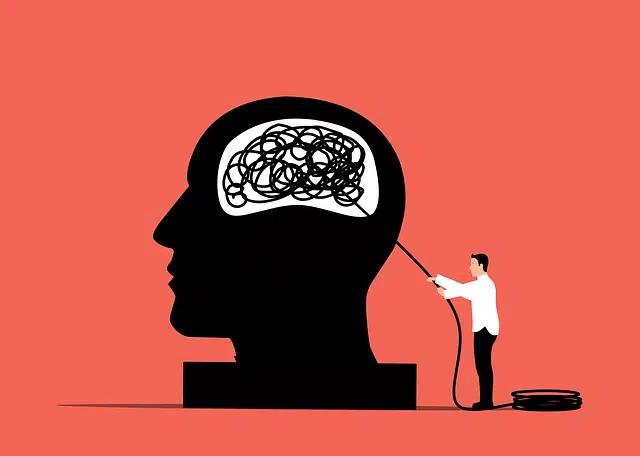
The idea of conscious is linked to consciousness.
Determining the etymological origin of the term conscious takes us to Latin. And it emanates from the Latin word “conscientis”, which is made up of three components: the prefix “con-”, which is equivalent to “meeting”; the verb “scire”, which is synonymous with “know”, and finally the suffix “-nte”, which can be translated as an indicator of “agent”.
Conscious is someone who feels, thinks and acts with knowledge of what he or she is doing . For example: “I am aware that a tough challenge awaits me, but I am confident in my ability to achieve success” , “Young people are not aware of the dangers of drugs” , “You have to be more aware and not drive if you have drunk” , “Despite the blow to the head, the child never stopped being conscious” .
Consciousness and the conscious
The conscious is associated with consciousness , which is the psychic act through which a subject perceives himself in the world. Consciousness does not have an exact physical correlate, but is linked to mental activity that is only accessible to the individual himself and to the reflective knowledge of things.
This means that the conscious is inaccessible from outside the person. Psychology believes that consciousness is a non-abstract cognitive state that allows humans to interpret and interact with the external stimuli that form reality. The psychologist cannot access the patient's conscience, but he can interpret it based on what the patient reports or evidences.
It is important to establish that within psychology, the Austrian doctor Sigmund Freud determined three systems that shape the psychic apparatus. Specifically, he spoke of conscious, unconscious and preconscious, which are closely linked to each other.

A conscious person does not drink alcohol before driving.
The view of philosophy
For philosophy , conscience is the human faculty to decide actions and assume responsibility for the consequences according to the conception of good and evil.
A conscious person, in this sense, is one who is responsible, who does not act negligently and who tries to minimize the negative consequences of his or her actions.
Conscious eating
In addition to all of the above, we would also have to highlight the existence of what has been called conscious eating . What it tries to express with it is the need to eat thinking, that is, not committing abuse and protecting well-being and health.
There are many rules that establish the foundations of this diet, however, among all of them the following stand out:
• You have to eat enjoying what you have on your plate, its smells and its taste.
• You have to stop eating food very quickly.
• It is necessary to control the portions taken.
• It is essential to be clear that control of what you can eat and what you cannot eat is in each person's hands.
These are some of the maxims of the aforementioned conscious eating that determine that its main objective is that anyone can enjoy the pleasure of eating.
